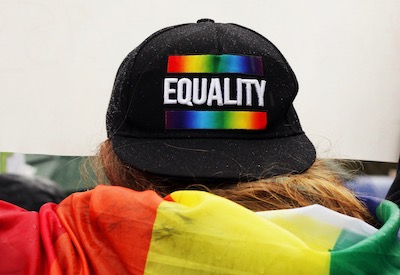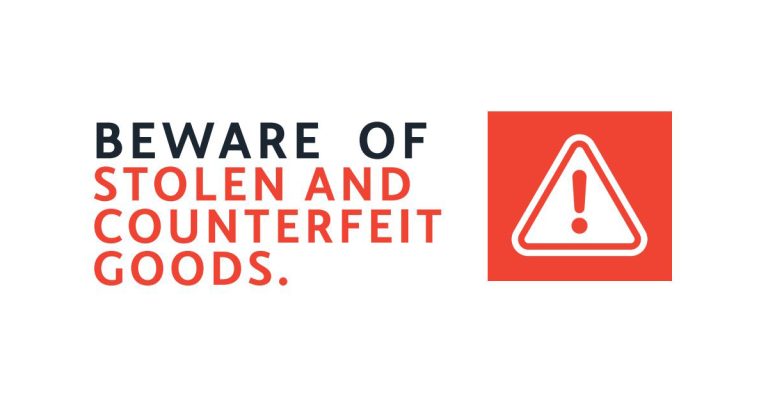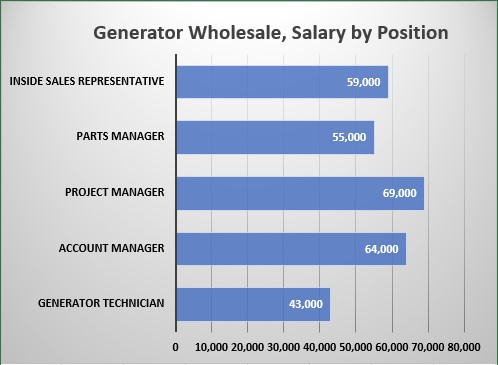Standardization — Key to Challenging Gender Inequality

Mar 10, 2021
March 8 was International Women’s Day. This year’s theme #ChooseToChallenge encourages all of us to challenge gender bias and inequality.
The latest gender gap report from the World Economic Forum estimated that it will take 257 years for the world to achieve economic gender parity — that’s 10 generations of women who are yet to be paid as much as men. Societies pay a heavy price for gender inequality. It affects physical and mental health, safety, employment — all spheres of life.
The pandemic has thrown a spotlight on the intersection between standards and gender equality. Throughout the pandemic, we have seen the impact of standards that are not designed with women in mind. For example, protective equipment has historically been designed for the male shape. Consequently, there is evidence that women health care workers are at an increased risk of contracting COVID-19 because of ill-fitting personal protective equipment.
“Standards have a very important role to play in promoting gender equality. Voice recognition software, medical devices, snow-clearing policies, and many other seemingly benign technologies and policies can exhibit gender bias. This has implications. At SCC we are striving to establish a standardization system that is inclusive and equitable, regardless of gender.” — Chantal Guay, SCC CEO of the Standards Council of Canada.
SCC’s research, captured in When One Size Does Not Protect All: Understanding Why Gender Matters for Standardization https://www.scc.ca/en/about-scc/publications/general/when-one-size-does-not-protect-all, shows that countries that are more involved in standardization experience fewer accidental male deaths but there are no effects on female deaths. Research shows that the risk of being injured or killed in a car accident is 73% higher for women because crash test dummies are based on male anthropometry. Understanding how standardization impacts women is essential to doing something about it.
What is SCC doing to improve gender equality?
SCC has been a leading voice internationally on the need to consider gender in standardization. SCC signed the UNECE Declaration for Gender Responsive Standards and Standards Development in 2019. We were one of the first national standards bodies to publish a strategy to improve gender equality in standardization. SCC’s gender strategy emphasizes
• increasing the participation of women on technical committees
• developing guidance on how to ensure standards are gender responsive
• researching the impact of gender on standardization
These three goals work hand in hand. Through our research, we’ve also measured the participation rates of men and women on technical committees at the International Organization for Standardization (ISO) and the International Electrotechnical Commission (IEC) representing Canada. We’ve seen the degree to which women are under-represented. Our latest data shows that, currently, only 24% of Canada’s international committee members are women, even though women make up almost half of Canada’s labour force.
The under representation of women on technical committees is reflected in the standards that are developed. SCC has also done a preliminary mapping of National Standards of Canada to the UN’s 17 Sustainable Development Goals; less than 2% of our national standards contribute to Sustainable Development Goal 5, the UN’s gender equality goal.
There is a lack of both awareness and data on the issue of gender and standardization, which impedes progress. By gathering data, SCC is able to identify gaps and demonstrate the impacts of gender on standardization.
To build the case for action, SCC has shared our findings in international forums including at a workshop at the World Trade Organization, as well as at a members session at ISO. We are also leading work at ISO and IEC as well as at the UNECE to develop guidance on how to ensure standards are gender responsive and participated in an International Workshop Agreement on Women-Owned Businesses.
Standards reflect the views and experiences of those that develop them. It is critical that the standards development environment represents everyone. Standards development is about bringing people together to build consensus and collaborate to tackle issues. Only when we have all groups contributing their own viewpoints – we have that diversity of thought and people are truly heard – can we expect things to get better. SCC also supports the work of ISO/IEC Joint Strategic Advisory Group (JSAG) on Gender responsive standards, which was established to help ISO and IEC committees ensure gender is considered in the standards development process.
Being part of the IEC community means having a lasting impact by advocating for gender equality in the development of standards. As we uncovered in our research, standards often fail to protect women. We have the power to change this. By having more women on IECs technical committees we can help ensure standards that affect our every day lives are developed with women in mind — Lynne Gibbens, Manager, International Standards Development — IEC, Standards Council of Canada
For information on participating in standards development, click here.
The 50-30 challenge
Nationally, SCC is leveraging the standardization system to improve equity, diversity, and inclusion through the Government of Canada’s 50-30 Challenge
https://www.ic.gc.ca/eic/site/icgc.nsf/eng/07706.html. The 50-30 Challenge is an initiative to improve access for under-represented groups to corporate boards and senior management positions. Research shows that more diverse organizations tend to outperform their peers financially. They also develop more creative-fresh approaches and solutions.
Over 700 companies have signed up to participate in the Challenge. By participating, these organizations will receive access to programs and resources designed to assist companies in meeting their goals. Eventually, companies that achieve specific goals within this framework will be provided with incentives linked to government programs.
This is where standards come in.
The Government of Canada is looking to SCC to support the development of a guidance document establishing the key terms and definitions for measuring diversity and inclusion in the workplace.
The document will build on prevailing national and international knowledge and best practices to provide common language for organizations participating in the 50-30 Challenge. Eventually, this document will be used to develop Canadian standards for diversity in organizational leadership. For more information, please visit https://www.scc.ca/en/flagships/50-30-challenge.
This is an example of standardization advancing an issue of critical importance: diversity and inclusion.
Source https://scc50ccn.ca/standardization-key-to-challenging-gender-inequality/
Photo by Elyssa Fahndrich on Unsplash










